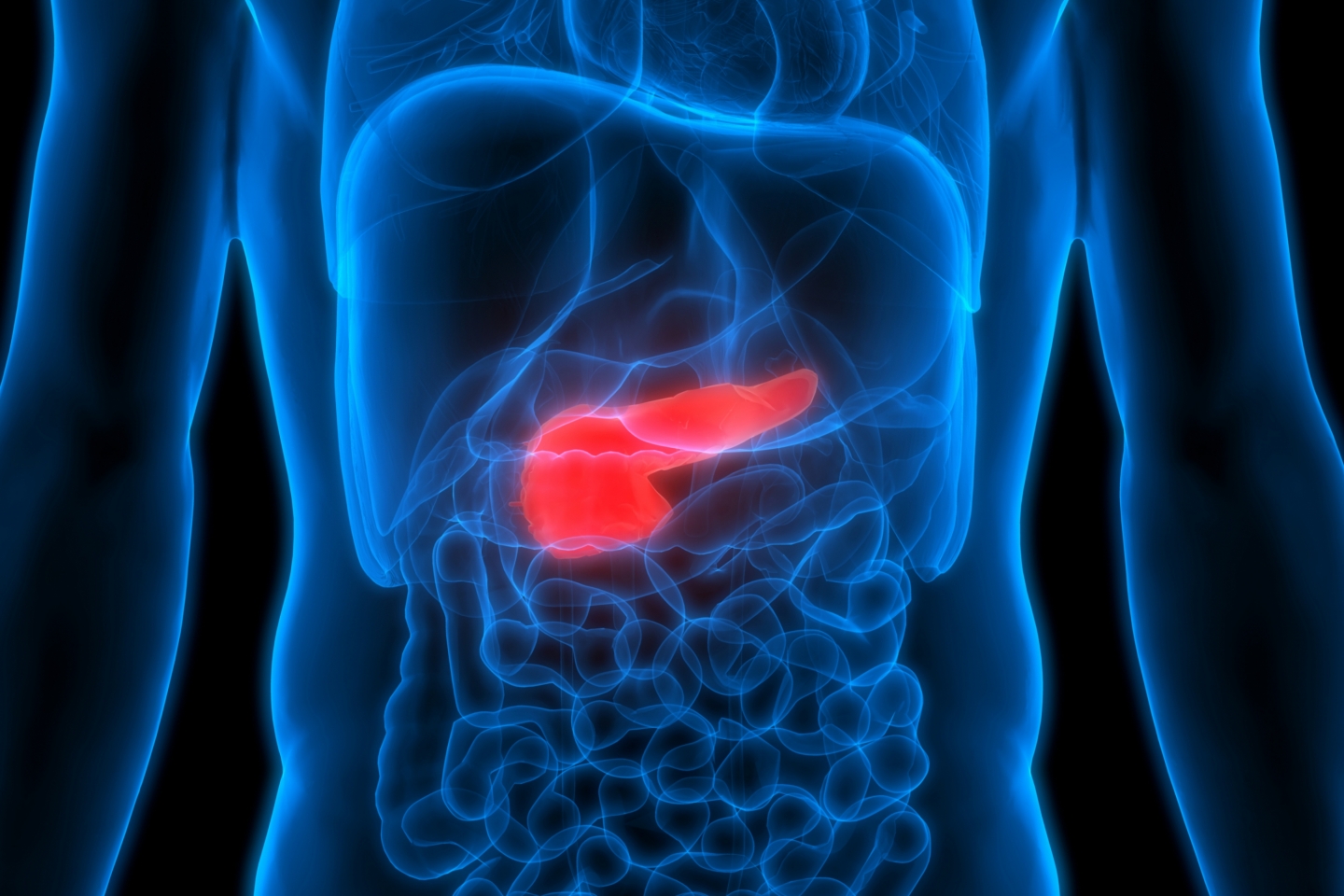Gallery
Photos from events, contest for the best costume, videos from master classes.
 |  |
 |  |
 |  |
 |  |
 |  |
 |  |
If your loved one is coping with a cancer diagnosis, spending the holiday in the hospital or just wants to focus on love and support, check out these ideas to create a meaningful night. Plan a movie night or Netflix marathon , complete with takeout from your significant other’s favorite restaurant. Valentine’s day is just around the corner and we have lots of ways that you can support us on this romantic occasion. Pancreatic Cancer Action shares ways to celebrate Valentine's day this year. Happy Valentine’s Day! Today is a perfect reminder to prioritize the people and causes you love. At PanCAN , we’re prioritizing leading-edge pancreatic cancer research and treatment so that every patient can live longer and have more time with the people they love. Whether just diagnosed, currently undergoing treatment, or in remission yet not feeling 100%, here are five ways to make this Valentine’s Day special: Don’t feel guilty about staying in. Dates at home can be some of the best dates there are –– cancer or no cancer. While other lovers prepare for a romantic night, cancer patients struggle to celebrate on Valentine’s Day. Here are 10 subtle ways to embrace the spirit. On Valentine’s Day, most people show their love through roses & chocolates. This year, share your love with patients and families facing pancreatic cancer. Check out the many ways you can celebrate Cupid and make a difference in the fight against this disease. View valentines. Pancreatic Cancer Action focuses on the early diagnosis of pancreatic cancer. Support us today. “Cancer care is more than just treatments and tests. It’s also important to provide support for patients, and based on conversations I’ve had with my patients over the years, sometimes just ‘being there’ is a great gift. Just spend the day with your Valentine and show them how much you care.” Valentine’s Day for patients with cancer is unlikely to be highlighted in the diary. This year, it’s on a quiet February Tuesday. But just how important is it for loving relationships? An ordeal, or an opportunity to create another special memory? There are two directions you can take. You And Your Partner, Friends Or Loved Ones Can Make Valentines Day With Cancer Special. Find Out How By Reading Our 8 Easy Tips For A Special Day. Pancreatic cancer treatment options depend on disease stage and include surgery, radiation, chemotherapy, chemoradiation, and palliative therapy. Get detailed information about the treatment of newly diagnosed and recurrent pancreatic cancer in this summary for clinicians. Understanding the stages of pancreatic cancer is helpful in planning the appropriate treatment. Cancer stages are determined by testing, rather than specific symptoms. Most of the time, pancreatic cancer lacks symptoms in the early stages, so it’s often caught in more advanced stages, when the cancer has already spread beyond the pancreas. In a study led by Mayo Clinic Center for Individualized Medicine, researchers found that nearly 1 in 6 people diagnosed with pancreatic cancer had an inherited cancer-related gene mutation that may have predisposed them to pancreatic cancer. The most common genetic mutation in those patients was the BRCA2 gene, which is linked to breast cancer. In summary, pancreatic cancer remains a disease with poor long-term survival. However, recent developments have led to improved outcomes and have changed practice in the past decade. This review summarizes current practices in pancreatic cancer treatment and the milestones that brought us to where we are today, along with emerging therapies. I have two articles and a Video that go into depth: June 10, 2024 - "15 minutes with Dr.Makis" - Episode 018: High Dose IVERMECTIN and CANCER 2024 - NEW STUDIES 2024 Baghli et al - Targeting the Mitochondrial-Stem Cell Connection in Cancer Treatment: A Hybrid Orthomolecular Protocol First-in-the-World Ivermectin, Mebendazole and Fenbendazole Pancreatic cancer refers to the carcinoma arising from the pancreatic duct cells, pancreatic ductal carcinoma, and is the fourth leading cause of cancer deaths in the United States. The 5-year survival rate in the United States ranges from 5% to 15%. The overall survival rate is only 6%. Surgical resection is the only current option for a cure, but only 20% of pancreatic cancer is surgically View cake. Pancreatic Cancer Action focuses on the early diagnosis of pancreatic cancer. Support us today. For most people, the first goal of pancreatic cancer treatment is to get rid of the cancer, when possible. When that isn't possible, the focus may be on improving quality of life and keeping the cancer from growing or causing more harm. Pancreatic cancer treatments may include surgery, radiation, chemotherapy or a combination of these. The Pancreatic Cancer Action Network is registered as a 501©3 nonprofit organization. Contributions to the Pancreatic Cancer Action Network are tax-deductible to the extent permitted by law. The Pancreatic Cancer Action Network’s tax identification number is #33-0841281. Pancreatic cancer is a highly invasive malignant tumor with a fatal risk, mainly seen in men and older adults (60-85 years old). Pancreatic cancer is now increasingly observed in young patients. Because the disease has no early symptoms and can quickly invade surrounding tissues and organs, it is one of the deadliest cancers.
Articles and news, personal stories, interviews with experts.
Photos from events, contest for the best costume, videos from master classes.
 |  |
 |  |
 |  |
 |  |
 |  |
 |  |